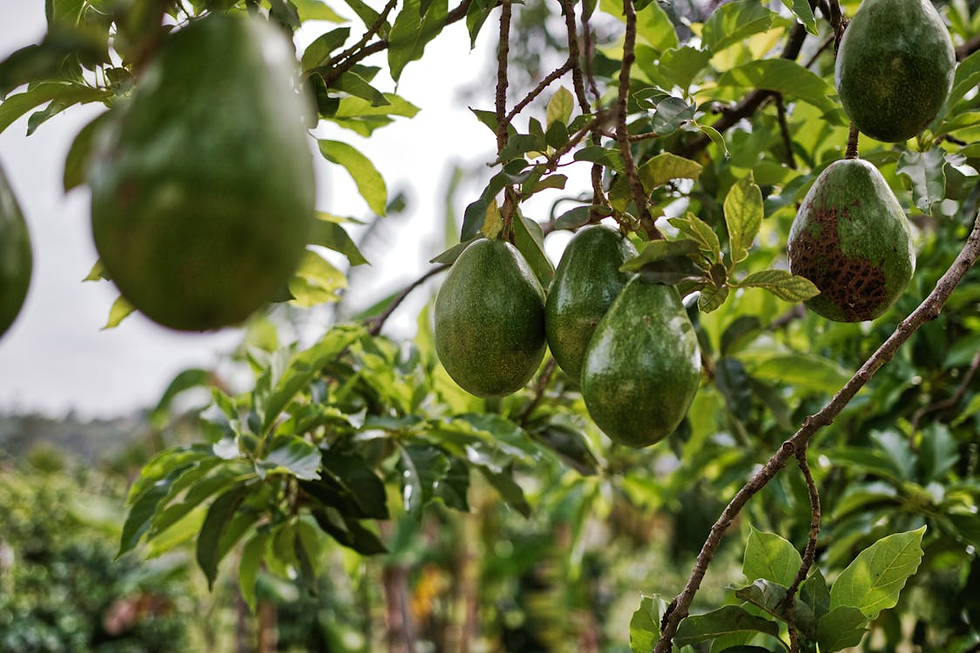Camellia Group Reaches $9.7 Million Settlement Amid Claims of Human Rights Abuse
- Nur Sa’adah Batrisyia

- Feb 20, 2021
- 3 min read
Updated: Dec 23, 2024
A UK-based firm called Camellia Group has reached an agreement to pay $9.7 million to female victims of human rights abuse and sexual assault. They settled the legal claim with a total amount of $6.5m for the Kenyan claims and an additional $3.2m for the Malawian victims. This compensation was issued to ensure the safety of female employees and local residents around tea and avocado plantations in central Kenya and Mulanje and Thyolo districts of Malawi. Following the decision, Camellia Group has promised to provide career opportunities and educational training to women, in addition to a proper complaints procedure.
Late last year, the agriculture group came under fire after its subsidiary companies - Kakuzi Plantation and Eastern Produce Malawi (EPM) - were accused of breaching the human rights of their workers at the tea estates. In October 2019, 79 Kenyans filed for legal action in London’s High Court against Camellia PLC and other subsidiary UK companies under the group - namely Linton Park PLC, Robertson Bois Dickson Anderson Limited (collectively known as “The English Defendants”), and EPM.
All these mentioned organizations are responsible for controlling, supervising, and advising Kakuzi.
This case was brought to the court with the help of the Kenyan Human Rights Commission, the Centre for Research on Multinational Corporations (SOMO), and the Ndula Resources Centre. The 79 claimants, comprising many from the local community, were represented by Leigh Day: a UK law firm that specializes in discrimination and human rights abuse.
Members of this firm had allegedly committed crimes, including murders, rapes, and other forms of sexual and gender-based violence between 2009 and 2020. Amid allegations that this abuse was carried out by the 500 security guards hired by Kakuzi, the company views this accusation as an act to “run a smear campaign against Kakuzi and some of its customers”.
British retailer Tesco has since cut ties with Kakuzi, suspending the supply of avocados which is sourced from the firm. A spokesperson for the supermarket chain stated: “Any form of human rights abuse in our supply chain is unacceptable.”

Mary Kombo of the Kenyan Human Rights Commission clarified in a media statement that “Kakuzi workers and host communities have known nothing but terror in the last 50 years. As if pushing them out of their fertile ancestral land is not enough, Kakuzi is reported to rape, maim and kill. The company continues to make a complete mockery of what constitutes responsible business conduct even when it claims to contribute to advancing social practices in Kenya. It is baffling how Kakuzi behaves as if it is a law unto itself.”
This statement came after many unfortunate incidents occurred under Kakuzi’s watch throughout the past years. According to Leigh Day, 10 women have been raped by Kakuzi’s security guards - including one minor who was attacked while collecting firewood on the company’s land. Some of these women became pregnant and were found to be HIV positive. A journalist and a cameraman were physically attacked by Kakuzi’s armed security guards during a protest in 2016. A 28-year-old man was also reportedly battered to death for stealing avocados.
The blatant negligence of Kakuzi and Camellia PLC has taken the form of postcolonial exploitation, leaving the local villagers damaged mentally and physically. Daniel Leader of Leigh Day said, “the company has little understanding of how to respond appropriately to serious human rights issues.” However, Kakuzi had denied this accusation, stating that Leigh Day has rejected their offers to use legal advice and counseling services as a method to settle the dispute.
Nevertheless, upon reaching an agreement, the company promised to provide relevant measures to enhance the security of the female employees and local community around the tea plantations in Malawi and the avocado farms in Kenya. They also pledged to pay extra attention to their employees’ criminal activities. Any individuals who encounter sexual harassment or gender-based violence will be able to acquire legal support immediately through their operational-level grievance mechanism.

_edited.png)



Comments